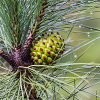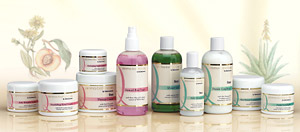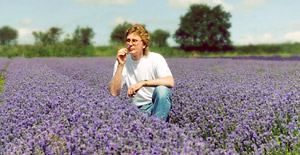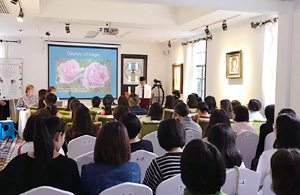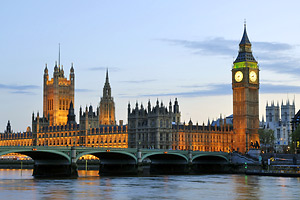Aromatherapy Gains Credibility In US Medicine
 As happened here in the United Kingdom some 20 years ago, aromatherapy is finally gaining recognition in certain areas of mainstream medicine in the United States, according to a recent article on USnews.com. Groups as diverse as the American Cancer Society and the U.S. Department of Veterans Affairs are now offering aromatherapy alongisde traditional health care.
As happened here in the United Kingdom some 20 years ago, aromatherapy is finally gaining recognition in certain areas of mainstream medicine in the United States, according to a recent article on USnews.com. Groups as diverse as the American Cancer Society and the U.S. Department of Veterans Affairs are now offering aromatherapy alongisde traditional health care.
According to their research it has been discovered that essential oils can help reduce a wide range of symptoms and side effects for some patients. Oh, really? Well, – better late than never!
Monika Meulman, the president of the Canadian Federation of Aromatherapists reports, “Many specific ailments can benefit from aromatherapy blends and treatments. For example, insomnia, nausea, headaches and migraines, and aches and pains are often improved with aromatherapy – just to name a few.”
Dr. Hal Blatman, medical director of the Blatman Pain Clinic in Cincinnati and a past president of the American Holistic Medical Association reported, “Researchers believe that the essential oils trigger smell receptors in the nose, prompting the transmission of chemical messages along nerve pathways to the brain’s limbic system. It’s easy to see smells have an effect on the body – smells have deep emotional triggers in people.”
Aromatherapists recommend using different essential oils for different conditions. For example:
- Lavender and rosemary essential oil are suggested for relieving muscle tension and anxiety.
- Peppermint and ginger essential oil may relieve nausea and help perk up a fatigued person.
- Eucalyptus essential oil is considered helpful in treating respiratory ailments.
“The oils also can be layered on to get a combination of effects”, Blatman said. “There are all kinds of specific conditions and specific remedies,” he continued, “and there are a number of reference books for how to use the oils.”
The article also touched on the importance of safety and quality of essential oils, although their examples of allergic reactions, toxicity and viable shelf-life were a little exaggerated. Still, this seems a positive step forward for aromatherapy in the US, and therefore one to be applauded.
Read the full article here.
Copyright © Quinessence Aromatherapy Ltd 2012. Written by Geoff Lyth
Article Copyright © HealthDay News 2012




